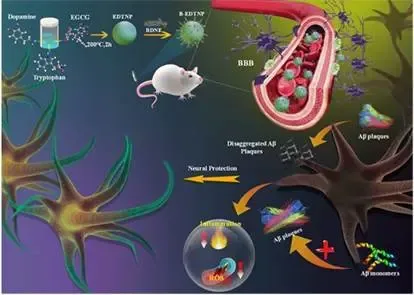Innovative Cancer Therapies Set to Lead Medical Advancements Over the Next Five Years: New Report

New Delhi, Jan 3 (NationPress) Immuno-oncology (IO) drugs, also known as cancer therapeutics, are highlighted as one of the most exciting fronts of medical innovation anticipated over the next five years, as revealed in a report published on Friday.
The analysis from GlobalData, a data and analytics firm, which surveyed 128 pharmaceutical industry experts, indicates that these innovations will significantly change the landscape of cancer treatment.
“Progress in immunotherapy, including checkpoint inhibitors, CAR-T cell therapies, and cancer vaccines, is fundamentally altering the treatment paradigm for cancer,” stated Urte Jakimaviciute, Senior Director of Market Research and Strategic Intelligence at GlobalData's healthcare division.
Jakimaviciute emphasized that these therapies will evolve to promote “more effective and personalized treatment options.”
Furthermore, she added, “the substantial unmet needs in various cancer types, where effective treatments are still lacking, are propelling and will continue to propel innovation in immuno-oncology and cancer therapeutics.”
Anti-obesity drugs were identified as the second most favored option (23 percent). The emergence of anti-obesity medications, such as GLP-1 receptor agonists, is addressing a significant global health concern while simultaneously creating lucrative opportunities within the pharmaceutical market.
The survey also revealed that anti-obesity medications are expected to exert a considerable influence on the pharmaceutical sector this year.
“With a limited number of effective treatments currently available, there is a high demand for innovative therapies, making this field a primary focus over the next five years,” Jakimaviciute remarked.
According to the latest estimates from the World Health Organization (WHO) and its cancer arm, the International Agency for Research on Cancer (IARC), approximately 20 million new cancer cases and 9.7 million cancer-related deaths were recorded in 2022.
The data, which examined 185 countries and 36 types of cancer, indicated that lung, breast, and colorectal cancers were responsible for the highest incidence and mortality rates.
It also highlighted that roughly one in five individuals will face a cancer diagnosis in their lifetime, with approximately one in nine men and one in twelve women succumbing to the disease.










